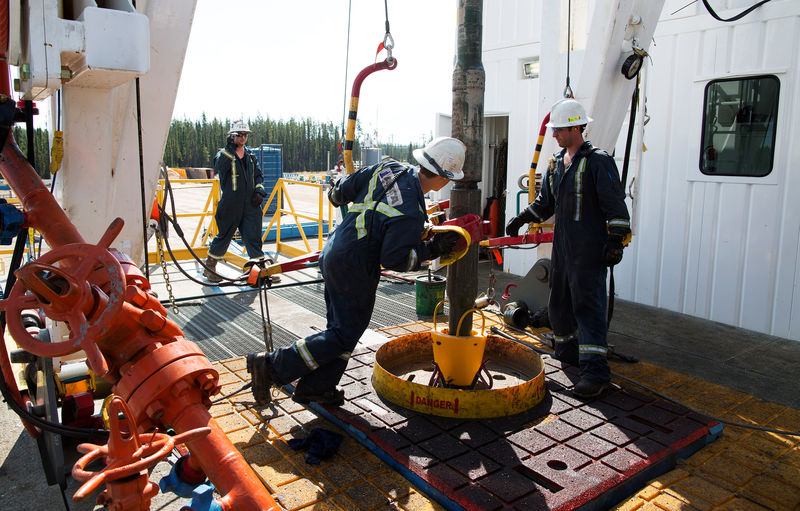By Peter Nurse
Investing.com -- Oil prices weakened Monday on mounting concerns about a global slowdown as well as a potential increase in Iranian supply.
By 08:25 ET (12:25 GMT), U.S. crude futures traded 0.4% lower at $90.08 a barrel, while the Brent contract fell 0.5% to $96.22. Both benchmarks fell about 1.5% last week on a stronger dollar and demand concerns.
U.S. Gasoline RBOB Futures were down 0.7% at $2.9977 a gallon.
Reports indicating that a deal reviving a nuclear agreement between Iran and the Western powers was close to being signed off have been weighing on market sentiment.
Qatar news organization Al Jazeera reported over the weekend that such a deal was ‘imminent’, while the White House confirmed that the leaders of the United States, Britain, France, and Germany discussed the plans over the weekend.
“Given the potential for in excess of 1MMbbls/d of additional supply coming onto the market, if we were to see a deal, the market will be following very closely how talks develop,” said analysts at ING, in a note. “An agreement (and lifting of oil sanctions) would mean a more comfortable market over 2H23.”
This has added to fears of a global slowdown. The U.S. has already entered a technical recession, recording two consecutive quarters of negative growth, with China’s central bank cut interest rates again earlier Monday in an attempt to give its economy, already hampered by COVID-19 lockdowns and a deteriorating real estate market, a boost.
Additionally, a recession in Germany, the Eurozone's biggest economy, is increasingly likely with inflation potentially peaking at more than 10% this autumn, the Bundesbank said in a monthly report on Monday.
"Declining economic output in the winter months has become much more likely," the central bank said. "The high degree of uncertainty over gas supplies this winter and the sharp price increases are likely to weigh heavily on households and companies."
The uncertainty of gas supplies increased Monday as Gazprom, Russia’s energy giant, announced it was planning to shut a major pipeline for maintenance works later this month.
Gazprom (MCX:GAZP) shut the pipeline for works last month, with flows resuming only at 20% of previous levels when it was reopened.
“The European market is getting increasingly anxious about how Russian flows will evolve as we move closer to the next heating season,” ING added. “However, for now European storage levels are comfortable, standing at 77%, which is broadly in line with the 5-year average, and well above the 64% seen at the same stage last year.”
